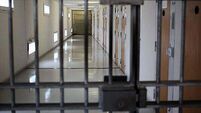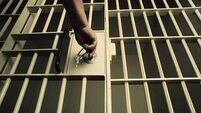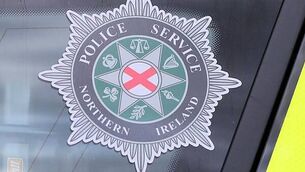Brother of Bloody Sunday victim prepared for landmark murder trial of veteran
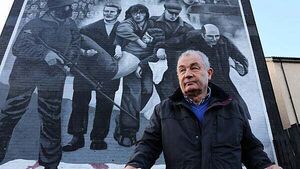
By David Young, PA
The brother of a man killed on Bloody Sunday says it is still sinking in that a former British paratrooper accused of the murder is to finally face trial.
Soldier F, who cannot be identified, is accused of murdering James Wray and William McKinney when members of the Parachute Regiment shot dead 13 civil rights protesters on the streets of Derry on January 30th, 1972.
He is also charged with five attempted murders during the incident in Derry’s Bogside area – namely of Joseph Friel, Michael Quinn, Joe Mahon, Patrick O’Donnell and a person unknown.
He has pleaded not guilty to the seven counts.
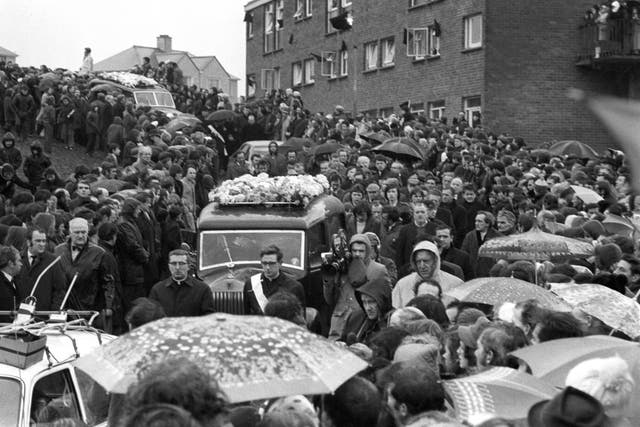
The long-awaited trial of the military veteran is due to begin at Belfast Crown Court on Monday.
The non-jury case will be heard by judge Patrick Lynch.
The Wray and McKinney families are expected to be joined by a large group of supporters as they walk together to the court on Monday morning.
Ahead of the trial commencing, William McKinney’s brother Mickey summed up his feelings.
“We’re here now, at last, after all this time,” he told the PA news agency.
“It’s not nervousness, it’s anticipation more so.
“I’m not even sure that it’s really sunk in yet that we’re here now.”
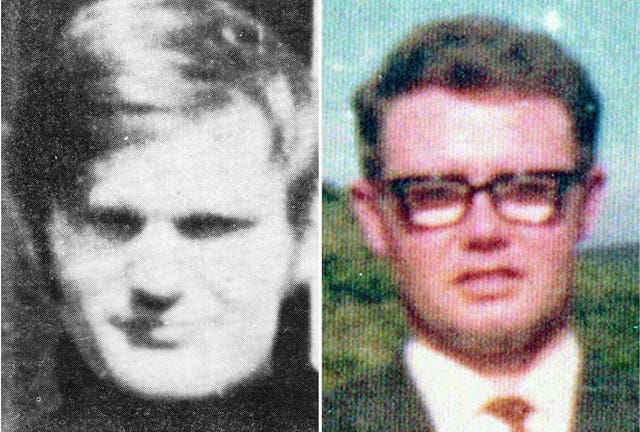
Bloody Sunday was one of the darkest days in the history of the Troubles.
Thirteen people were killed on the day and another man shot by paratroopers died four months later.
Many consider him the 14th victim of Bloody Sunday but his death was formally attributed to an inoperable brain tumour.
Police in the North launched a murder investigation after the landmark Saville Inquiry, which reported in 2010, found there was no justification for shooting any of those killed or wounded.
At the time of the inquiry’s publication, then-British prime minister David Cameron issued a public apology, saying the killings were “unjustified and unjustifiable”.
The Saville report overturned the long-disputed findings of the 1972 Widgery Tribunal which concluded that the soldiers had been shot at first, and returned fire in self-defence.
In 2019, the North’s Public Prosecution Service (PPS) announced that one former paratrooper – Soldier F – would face prosecution for two murders and five counts of attempted murder.
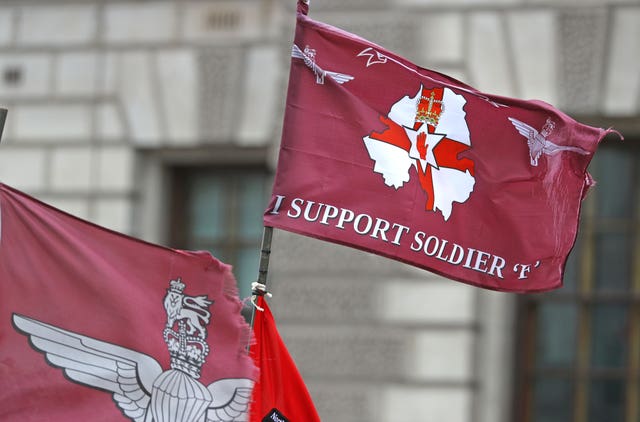
However, two years later, the PPS halted the prosecution, citing concerns the case could collapse if it went to trial.
That move followed the collapse of a different legacy trial of two other veterans accused of murder during the Troubles.
The trial of Soldier A and Soldier C for the 1972 shooting of Official IRA leader Joe McCann in Belfast ended in April 2021 after a judge ruled that key evidence due to be relied upon by the prosecution was inadmissible. The inadmissible evidence were statements given by the soldiers to the Royal Military Police (RMP) in the aftermath of the shooting.
The case against Soldier F also involves RMP statement evidence, from other soldiers who were on the ground in the Bogside during the shootings, and the outcome of the McCann case prompted the PPS to review the prosecution and, ultimately, discontinue it.
But this decision was then successfully challenged in court by the family of Mr McKinney, with judges in Belfast quashing the PPS’s decision.
The prosecution was subsequently resumed by the PPS and it has now reached Crown Court trial.
